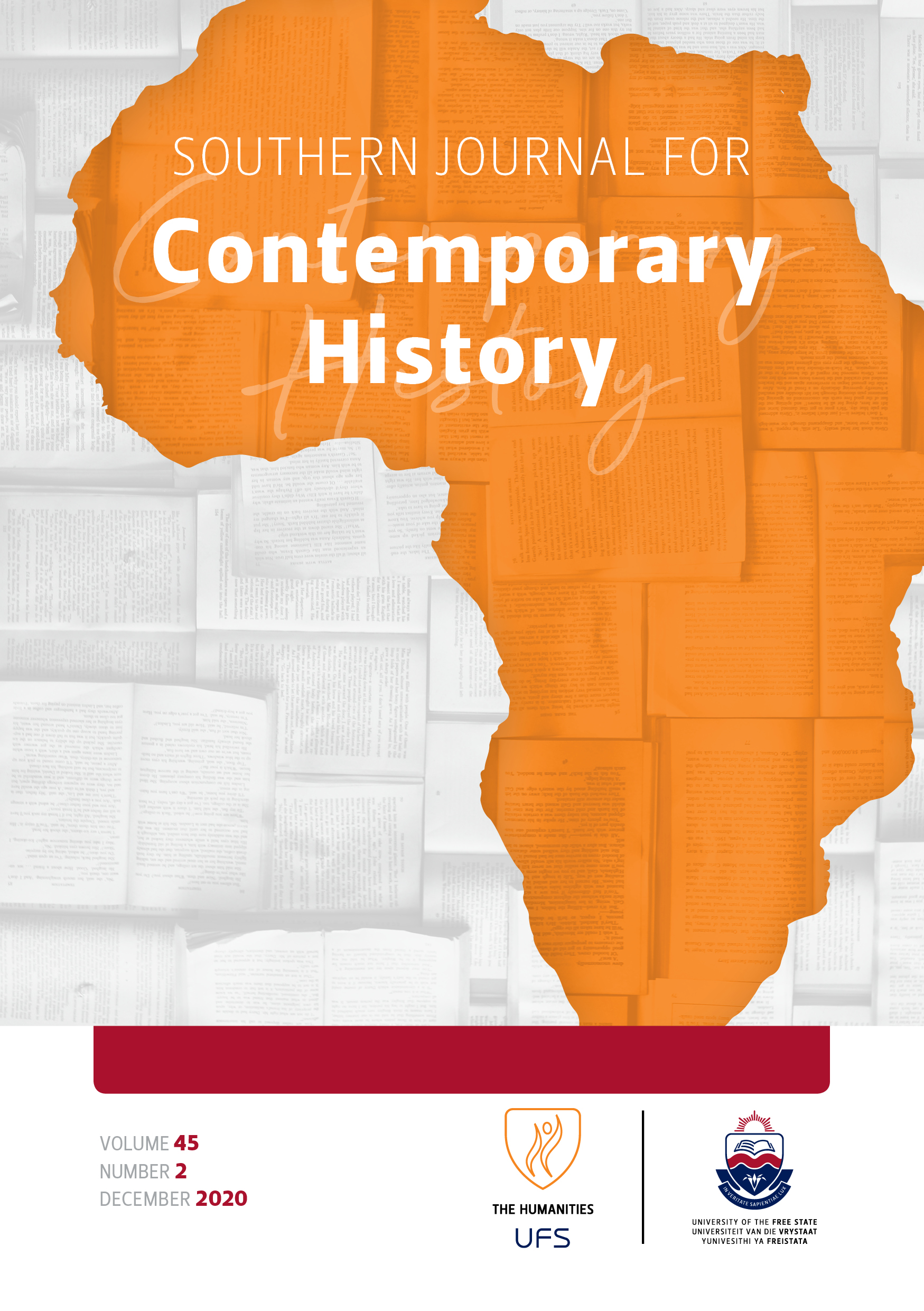Unfulfilled potential: Confined destiny of historical studies at the University of Fort Hare, 1960 -2015
DOI:
https://doi.org/10.38140/sjch.v45i2.5036Keywords:
History, African studies, University, Government control, Curricula reviewAbstract
Recently, there are growing countrywide dialogues within several universities, and certainly at the University of Fort Hare about curricula review and realignment of academic departments. History is central to such discussions, and in this institution, it is not simply as a scholarly discipline, linked to teaching and research. Indeed, the identity of Fort Hare, as the first African institution of higher learning in the sub-Sahara makes its legacy even gripping. Almost every epoch of the evolution of Fort Hare had generational imprint: from the first half of the twentieth century whereby it surpassed its mission origin, to an institution with several individuals entwined to continental developments, and national political movements in the later decades. When it became a conventional case of National Party (NP) government control and influence, albeit with resistance from 1960, it forged another character, reflected by Afrikaner domination of academia and the rerouting thereof, for social and political control, whilst being aligned to apartheid policy. The remodelling of the institution in the era of democratic South Africa, germinated other facets, on various fronts as the institution had to reposition itself to new realities that continue to test centres of higher education, whilst still demanding clearer academic vision. That inclusive history of Fort Hare remains significant, but, an equally essential one for this paper is how this institution grasped its rich bequest, and endeavour to constitute its history department? Relying on empirical records from 1960 to 2015, this paper outlines distinct fortunes of Fort Hare’s history department. Whilst the paper also stresses the significance of this discipline, particularly within fields of social sciences and humanities, it also cautions how overriding plans can also be dire for the subject.
Downloads
##submission.downloads##
Published
How to Cite
Issue
Section
License
Copyright (c) 2020 Author(s)

This work is licensed under a Creative Commons Attribution 4.0 International License.




